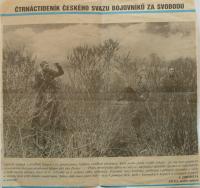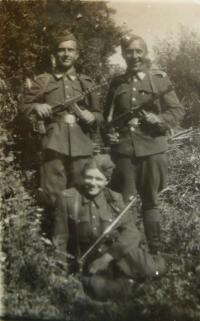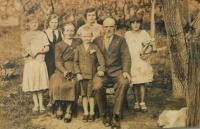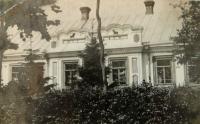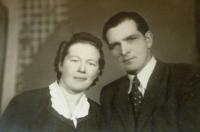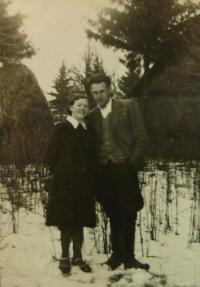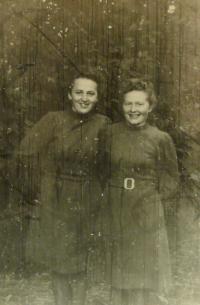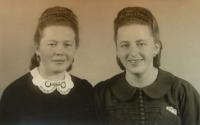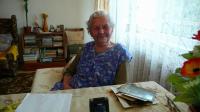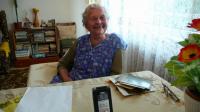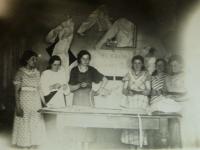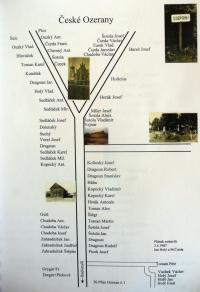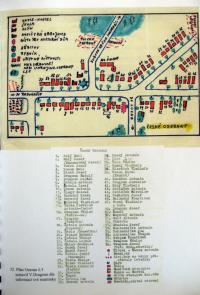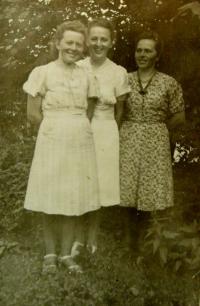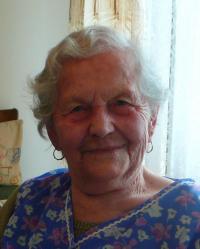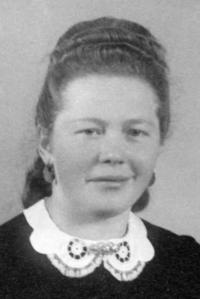We were at the train station When the train arrived Ruthenians got off They said, they will take our places But these places were already taken by Polish Ukrainians So I don´t know how they solved this problem
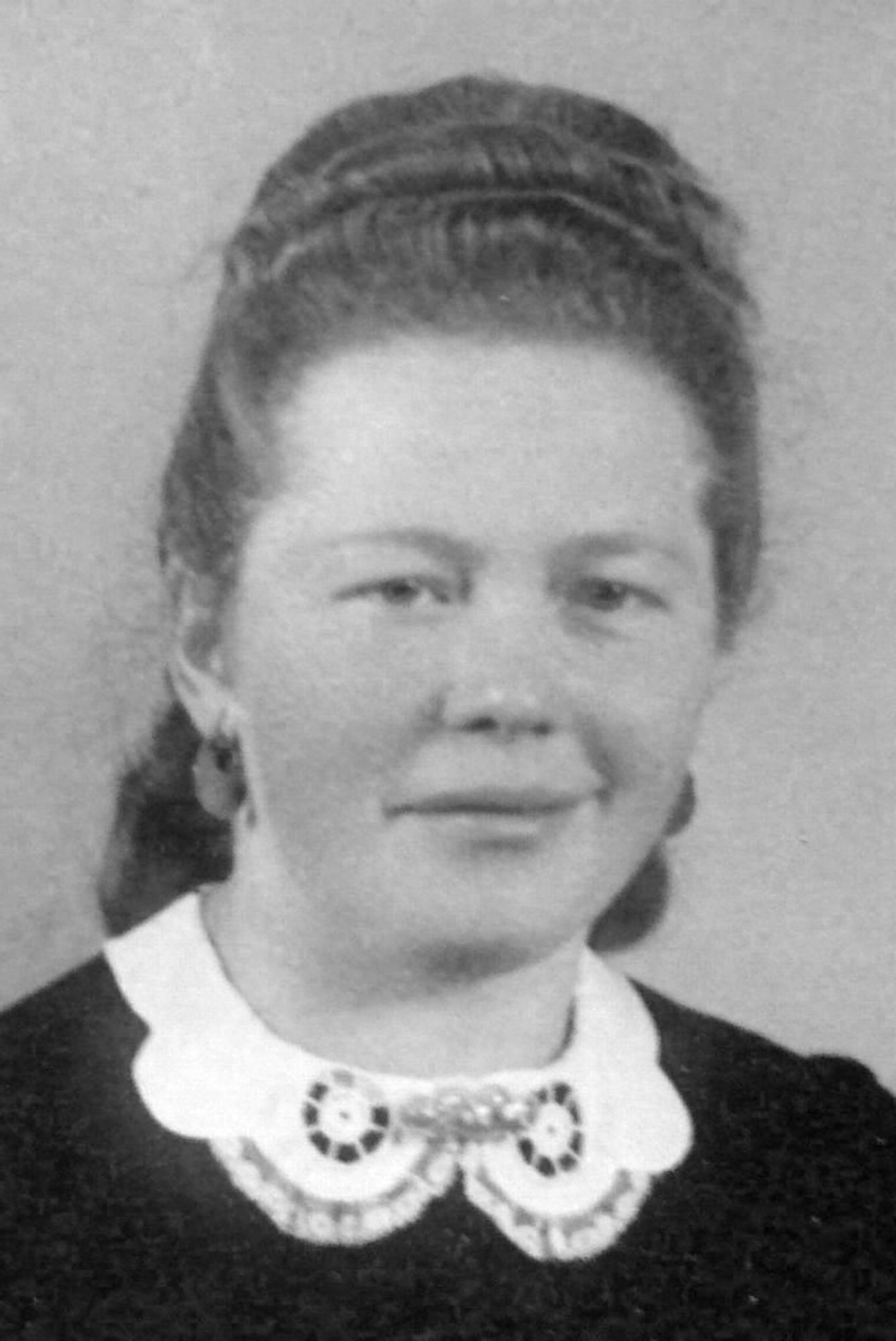
Stáhnout obrázek
Mrs. Eugenia Sikova (by maiden name Eugenia Kopecka) was born on November 11th 1921 in small village Ceske Ozerany in Volhynia. Her parents - father, Mr. Vladimir Kopecky and mother, Mrs. Antonia Kopecka, by maiden name Chudobova - used to have a 35 acre farmstead. Mrs. Sikova as well as her other four siblings had to help a lot with the farmer’s work. She has finished five grades of the grammar school in Volhynia and after that she must have helped with the work at home until 1947, when the whole family moved to Czechoslovakia. Since 1939 she and her family had to suffer the political pressure from Russians, later also from Germans as well as the Bandera’s force. She was twice married during her life. Her first husband died during the Dukla Pass battles. Her second husband died after long term treatment followed by the farm injury. Both of her marriages remained childless. During her life in Czechoslovakia she moved couple of times. At first she lived in Litomerice town region and then in Zatec region, where she lived with her husband and together they worked in agriculture. After a while she moved back to Litomerice region where she lives up today.
